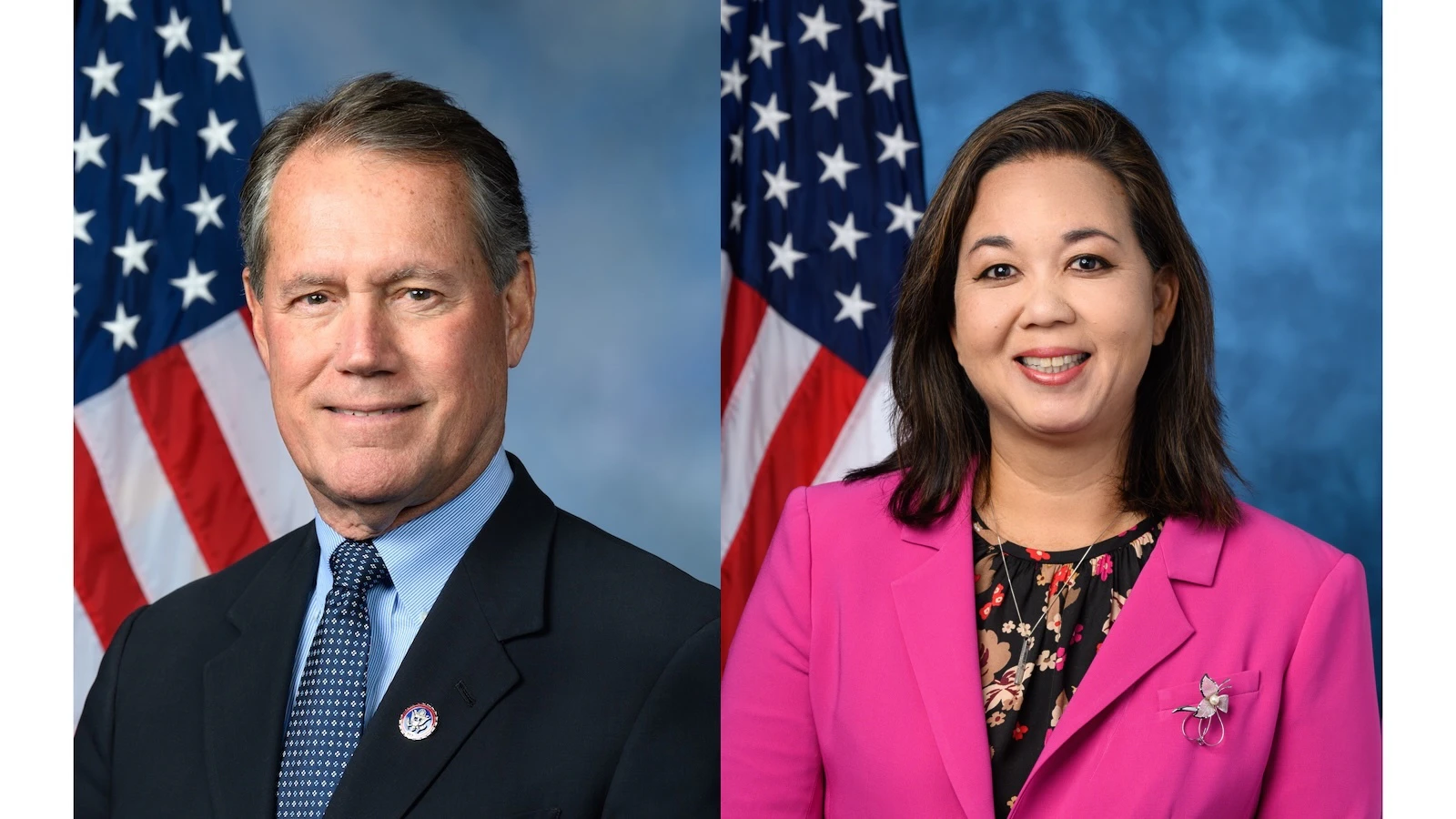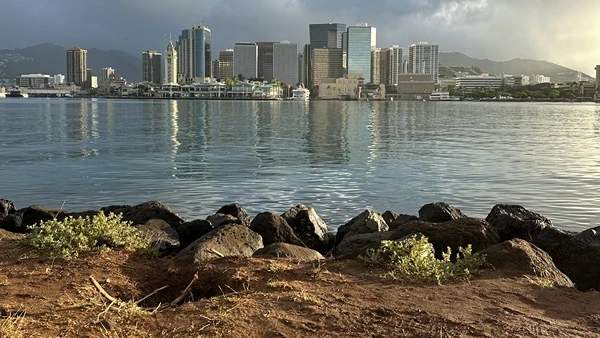A Wahiawā man is one of more than 400 U.S. veterans owed millions by Iran for injuries sustained during the War on Terror, a U.S. District Court has ruled.
Four hundred and twelve U.S. veterans and their families have successfully sued the Islamic Republic of Iran for the country’s involvement in state-sponsored terror attacks that led to injury or death among the U.S. Armed Forces in the Middle East.
Foreign countries are, for the most part, immune from lawsuits in U.S. courts under the Foreign Sovereign Immunities Act. However, the FSIA has an exception: countries designated by the U.S. State Department as a state sponsor of terrorism are not immune to suits involving claims of injury or death caused by state-sponsored terrorist attacks.
Throughout the War on Terror — and, in fact, for decades prior — Iran has been alleged to support, train and finance various militant groups throughout the Middle East and beyond. This includes alleged ties to Al Qaeda and other groups in Iraq and Afghanistan that directly attacked U.S. troops.
One of those soldiers was current Wahiawā resident, Staff Sgt. Kurt Taito, who was in Tal Afar, in the northwestern region of Iraq, on May 16, 2005. His unit was occupying the second floor of a building to watch a nearby hospital, which was considered a hotspot for insurgent activity.
Taito was playing a card game with his comrades when a rocket-propelled grenade struck the building. The projectile entered the building through a second-floor window and exploded near a bathroom; Sgt. Jacob Simpson, who had left the game to use the restroom, was killed.
“Taito lost consciousness; he doesn’t remember how long,” said Doug Kreis, attorney for the plaintiffs. “He had a traumatic brain injury … he had vertigo. He still takes vertigo medications today.”
Furthermore, Taito’s close proximity to the blast led to hearing loss and tinnitus in both ears, Kreis said.
Ultimately, Taito’s physical injuries were less extreme than other plaintiffs in the case, some of whom suffered permanent paralysis, limb amputations or death during their deployments, Kreis said, adding that the psychological impacts were still severe: “A lot of anxiety, a lot of depression, PTSD.”
“The RPG attack in Tal Afar changed my life forever,” Taito told Aloha State Daily via email. “I internalized what I saw and experienced, but memories don’t end when you come home. I’ve rebuilt with the support of my family and fellow veterans."
As such, Iran is liable for compensatory damages in Taito’s case. Exactly how much is yet to be decided, something Kreis said will likely be determined in hearings next year.
Seven plaintiffs and their families were named as “bellwether plaintiffs,” whose cases were used to determine Iran’s culpability in the attacks for all 412 plaintiffs. On May 30, District Court of the District of Columbia issued a ruling, finding that Iran is not exempt from liability through the FSIA, and awarding damages ranging from $13 million to $99 million to the bellwether plaintiffs, for over $573 million in total.
However, no representative of Iran appeared in court, and Iran is unlikely to pay up directly. But Kreis said the damages will be paid through the U.S. Victims of State-Sponsored Terrorism Fund, a federal fund that has paid out more than $7 billion to victims since its establishment in 2015.
The USVSST Fund is supplied primarily through asset seizures, Kreis said. “Whether it’s bank funds, oil tankers that are seized and resold, whatever it is that the state department and U.S. government seizes from time to time, that money goes into the terrorism fund.”
Once the plaintiffs are awarded their judgment, the USVSST Fund will pay out 1% to 5% of that judgment each year, depending on how much money is in the fund, Kreis said. He added that he hopes more veterans and their families become aware of the fund and can file their own claims for damages.
“It sounds like a lot of money, but there is no amount of money they can repay and make these families whole,” Kreis said.
“Being part of this case is my way of standing up for others like me; keeping the fight alive; and remembering Sgt. Jacob Simpson,” Taito said via email. “It’s part of my healing, and my hope that more veterans get access to additional financial support they’ve earned after being injured in Iraq or Afghanistan in the War on Terror."
The court’s ruling comes at a time when Iran is, once again, the focal point of a potentially global conflict. After Israel’s June 13 “preemptive strike” on dozens of sites in Iran, the nation launched a retaliatory strike against Israel, escalating tensions throughout the region and eventually leading President Donald Trump to call for Iran’s “unconditional surrender” on June 17.
“Will the United States be pulled into the conflict is going to be a question,” Kreis said. “And we’re going to have potentially, initially marines and different support groups deployed, at least in the region, so that may mean, unfortunately, that there could be more claimants in the future.”





